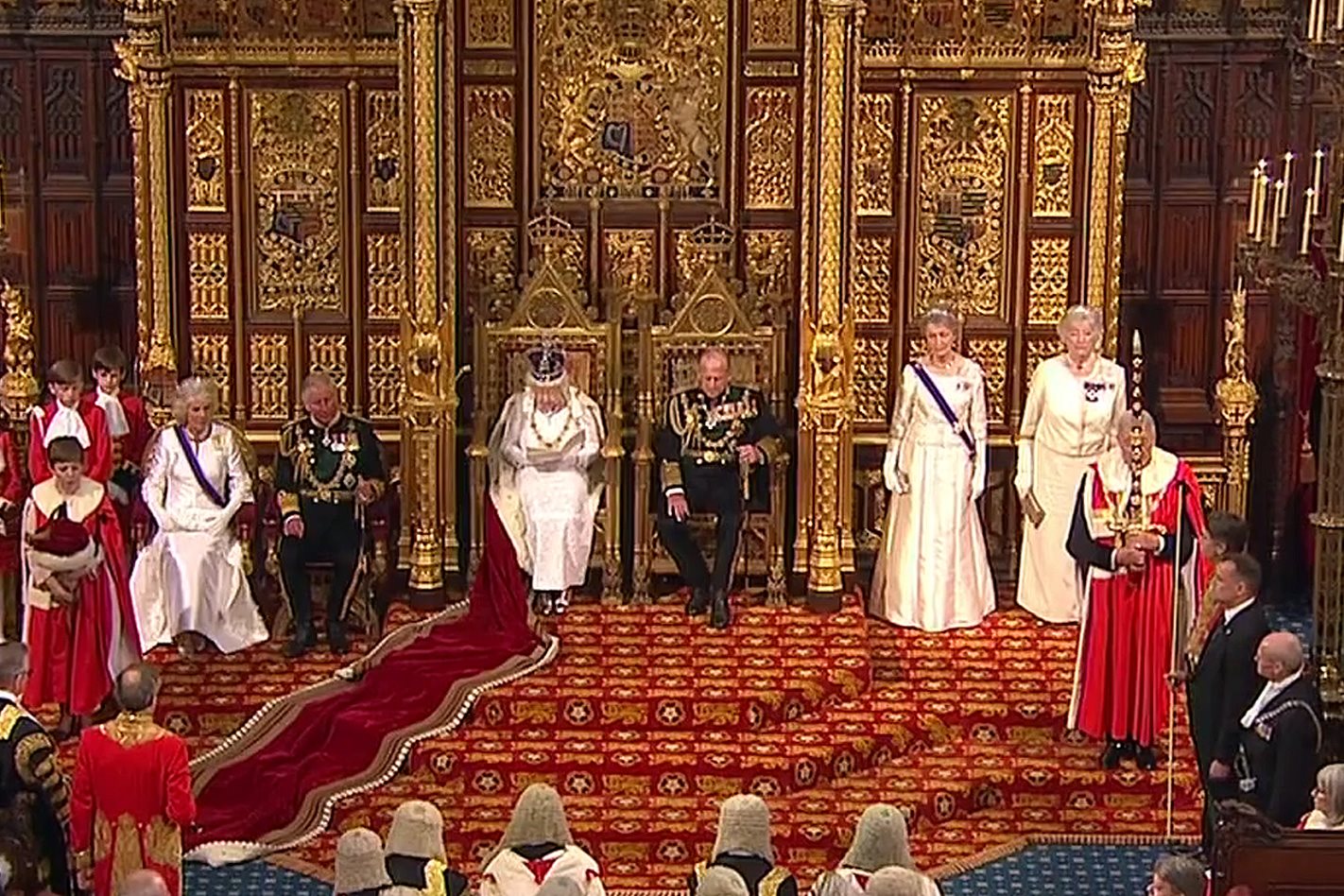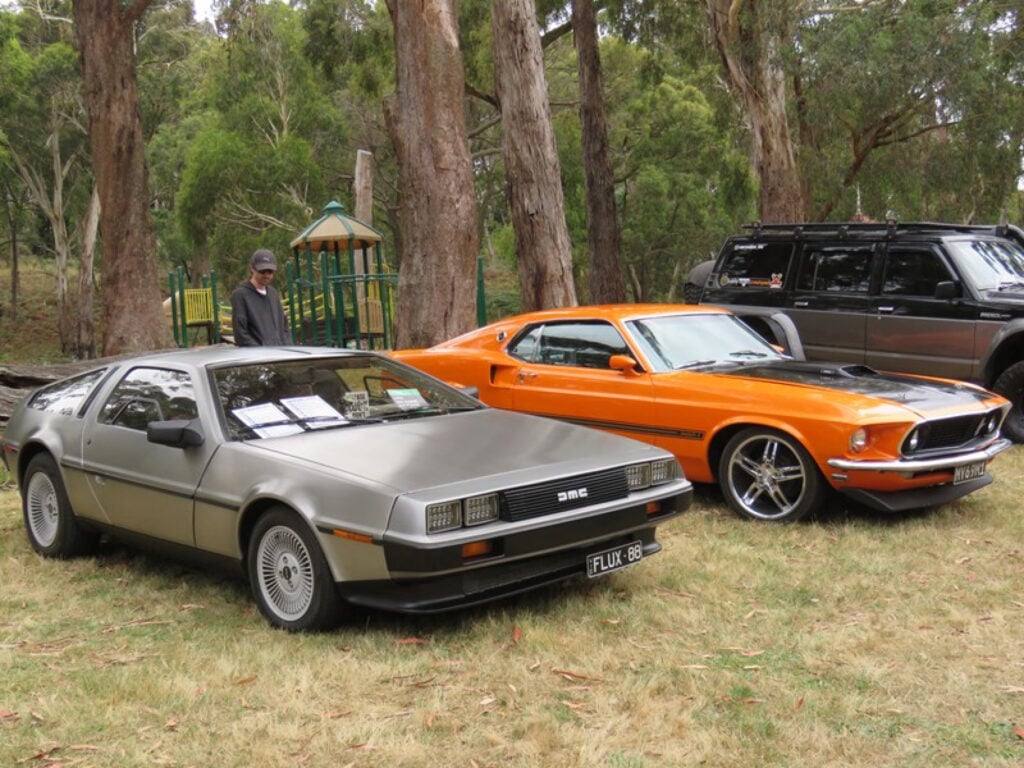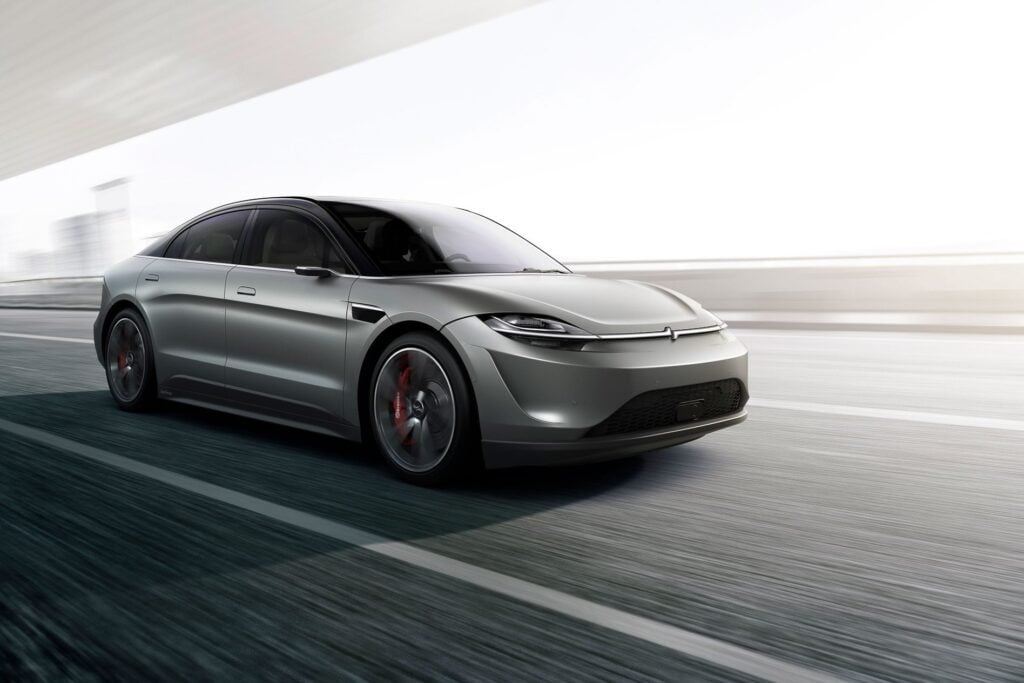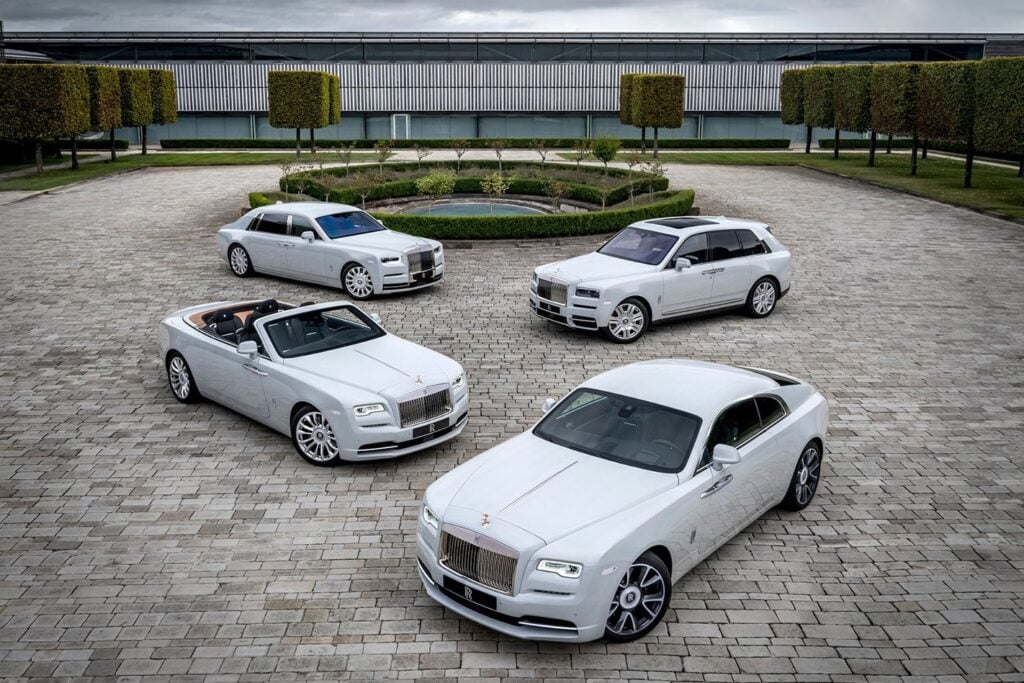
The world is changing much faster than we could have anticipated. Queen Elizabeth II has unveiled plans for the UK to legalise autonomous cars by announcing a Bill that will reduce the red tape around autonomous technology.
In the monarch’s annual speech to Parliament, the Queen said; “My ministers will ensure the United Kingdom is at the forefront of technology for new forms of transport, including autonomous and electric vehicles.”
Referring to the anticipated Modern Transport Bill, it means the UK is taking the lead on the introduction of autonomous cars to the transport system. It lays the path to automotive innovations and makes sure insurance is available for driverless cars.
The purpose of the Bill is to put “a framework in place to allow innovation to flourish”. In doing so, the Bill will have a significant impact on the UK. But the Bill extends further than just cars, also outlining changes to space-planes, drones and insurance for drivers.
According to the UK Government’s release, the benefits include:
- Reducing congestion, which has been estimated to cost the UK economy £20 billion every year.
- Modern transportation can make much more efficient use of our roads, railways and airspace, cutting congestion, speeding up journeys for people and goods and boosting the UK’s economy.
- The UK exported 1.2million cars last year. This Bill would put the UK at the forefront of autonomous and driverless vehicle ownership and use.
- Setting the framework for the UK’s first spaceport and autonomous vehicles, paving the way for commercial spaceflight and drone operations in the UK and boosting the country’s world-leading satellite industry.
Autonomous cars are at the forefront of manufacturer innovation. Last month, Volvo revealed its ‘Drive Me London’ scheme which collects data from families using the company’s semi- and fully-autonomous driving systems on public roads. The manufacturer claims that driverless cars can reduce accidents by 30 per cent and made the commitment that “no one will be seriously injured or killed in a new Volvo by the year 2020.”
Unlike Australia, Britain is not a party to the Vienna Convention which includes a law that requires all vehicles to be under the control of a driver, so this new Bill is a little easier for the UK to adopt, as it doesn’t require a legislative overhaul.
So will Australia follow the Queen’s recommendation too? According to a new report from the National Transport Commission, we’re a long way off.




